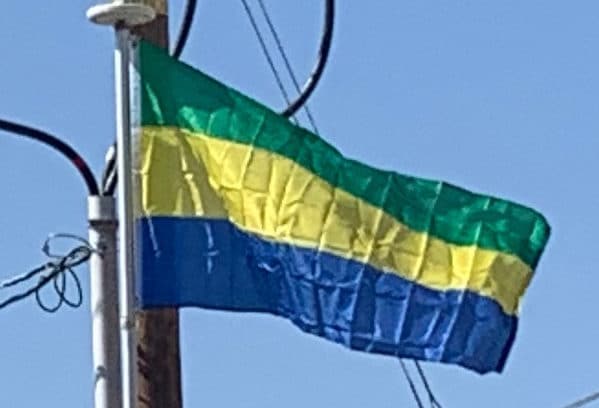Introduction:
Gabon, officially the Gabonese Republic, is a country on the west coast of Central Africa. Located on the equator, Gabon is bordered by Equatorial Guinea to the northwest, Cameroon to the north, the Republic of the Congo on the east and south, and the Gulf of Guinea to the west. It has an area of nearly 270,000 square kilometres (100,000 sq mi) and its population is estimated at 2.1 million people. Its capital and largest city is Libreville.
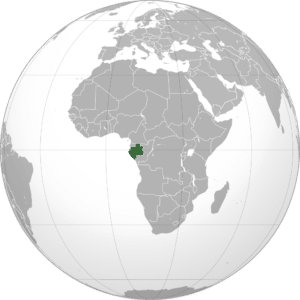
Since its independence from France in 1960, the sovereign state of Gabon has had three presidents. In the early 1990s, Gabon introduced a multi-party system and a new democratic constitution that allowed for a more transparent electoral process and reformed many governmental institutions.
Abundant petroleum and foreign private investment have helped make Gabon one of the most prosperous countries in Sub-Saharan Africa, with the 7th highest HDI and the fourth highest GDP per capita (PPP) (after Mauritius, Equatorial Guinea and Seychelles) in the region. GDP grew by more than 6% per year from 2010 to 2012. However, because of inequality in income distribution, a significant proportion of the population remains poor.
History:
The earliest inhabitants of the area were Pygmy peoples. They were largely replaced and absorbed by Bantu tribes as they migrated.
In the 15th century, the first Europeans arrived. By the 18th century, a Myeni speaking kingdom known as Orungu formed in Gabon.
On February 10, 1722, Bartholomew Roberts, a Welsh pirate known as Black Bart, died at sea off Cape Lopez. He raided ships off the Americas and West Africa from 1719 to 1722.
French explorer Pierre Savorgnan de Brazza led his first mission to the Gabon-Congo area in 1875. He founded the town of Franceville, and was later colonial governor. Several Bantu groups lived in the area that is now Gabon when France officially occupied it in 1885.
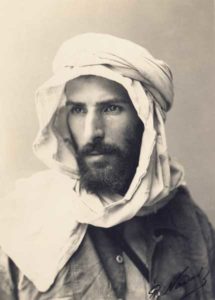
In 1910, Gabon became one of the four territories of French Equatorial Africa, a federation that survived until 1959. In World War II, the Allies invaded Gabon in order to overthrow the pro-Vichy France colonial administration. The territories of French Equatorial Africa became independent on August 17, 1960. The first president of Gabon, elected in 1961, was Léon M’ba, with Omar Bongo Ondimba as his vice president.
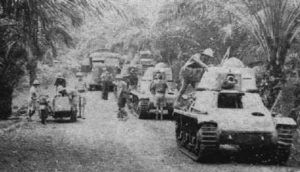
After M’ba’s accession to power, the press was suppressed, political demonstrations banned, freedom of expression curtailed, other political parties gradually excluded from power, and the Constitution changed along French lines to vest power in the Presidency, a post that M’ba assumed himself. However, when M’ba dissolved the National Assembly in January 1964 to institute one-party rule, an army coup sought to oust him from power and restore parliamentary democracy. French paratroopers flew in within 24 hours to restore M’ba to power.
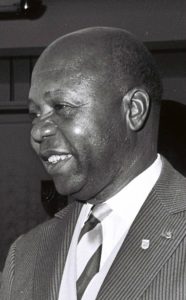
After a few days of fighting, the coup ended and the opposition was imprisoned, despite widespread protests and riots. French soldiers still remain in the Camp de Gaulle on the outskirts of Gabon’s capital to this day. When M’Ba died in 1967, Bongo replaced him as president.
